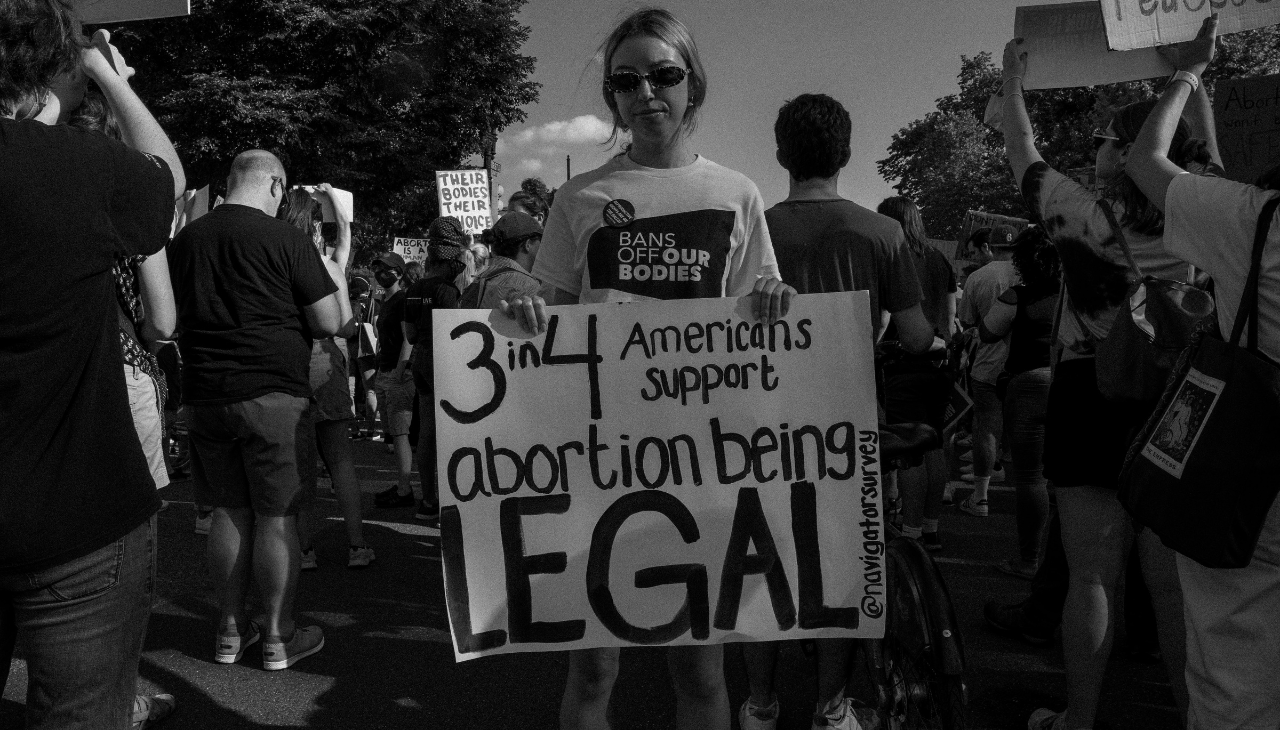
The end of Roe creates challenges in Higher Education
The end of Roe presents many challenges in Higher Education; reduced college enrollment, particularly for Black and Latinx women.
The recent decision by the Supreme Court to overturn abortion rights will affect many areas of society including higher education; reduced college enrollment, particularly for Black and Latinx women; disruption of training in medical schools; changes in on-campus student health services; reductions in out-of-state enrollment in anti-abortion states; and shifts in faculty location decisions away from anti-abortion states.
“I am opposed to the overturning of Roe V. Wade. It ignores the opinions of the majority of Americans across the political spectrum,” said Dr. Beverly Guy-Sheftall, the Anna Julia Cooper Professor of Women’s Studies and English at Spelman College in Atlanta. “It will also have devastating consequences for women and girls who are unable to secure abortions safely because they are no longer available legally or close to home,” reported by Diverse Education.
There are solid evidence that abortion restrictions reduces the educational achievements among Black and Latinx women. As part of the Dobbs Supreme Court case, 154 economist filed a Brief of Amici Curiae that summarizes economic research findings on the effects of abortion.
RELATED CONTENT
Abortion legalization has had downstream impacts on women’s social and economic lives. Economists have also used the tools of causal inference to measure the effect of abortion legalization on women’s social and economic outcomes more broadly…Studies show that in addition to impacting births, abortion legalization has had a significant impact on women’s wages and educational attainment, with impacts most strongly felt by Black women.
According to Brookings, “estimates based on demographically adjusted abortion rates in the population suggest that in California alone, students at public universities had medicinal abortions (using abortion pills) at a rate of between 300 and 500 students per month and in California community colleges at a rate of 800 to 1,100 a month.”
Like Brookings says, it seems certain that the loss of Roe will reduce college attendance of Black and Latinx women in states restricting abortion. To address this, a variety of policies pertaining to both medical training and student health provision will need to be rethought. For more information about the challenges in higher ed after the end of Roe v Wade, click here.











LEAVE A COMMENT:
Join the discussion! Leave a comment.